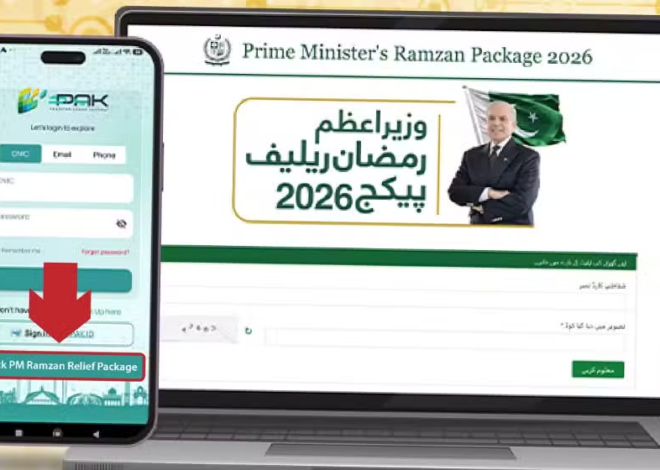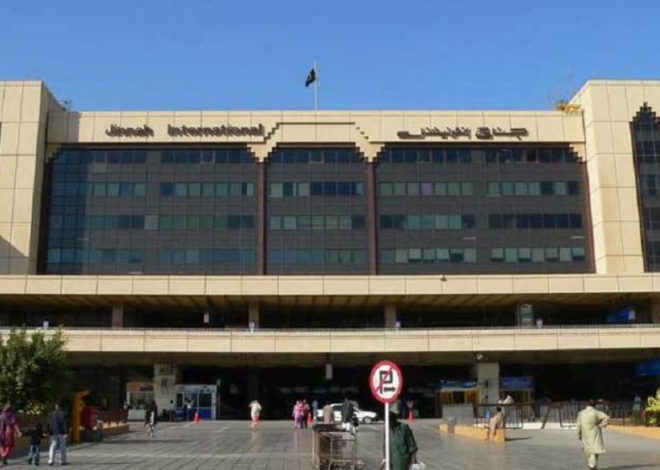
NEPRA Increased Electricity Tariff in Karachi: K-Electric News 2023
Karachi, Pakistan’s vibrant metropolis, is facing an upward surge in electricity costs following a recent decision by the National Electric Power Regulatory Authority (NEPRA). The increase in electricity tariffs has sparked conversations and concerns among residents, prompting a closer look at the reasons behind this adjustment.
ISLAMABAD: In response to the power division’s proposal, the National Electric Power Regulatory Authority (NEPRA) raised the cost of electricity for K-Electric (KE) customers by Rs 1.72 per unit.
The federal government will be notified of the decision after NEPRA granted the government’s proposal to raise the cost of electricity for KE power consumers by Rs 1.72 per unit.
Following a public hearing on the motion submitted by the power division in this regard, NEPRA granted this approval for the second and third quarters of FY22–23, respectively.
Understanding the Tariff Revision: NEPRA’s decision to hike electricity tariffs in Karachi stems from several factors, including rising fuel prices, increased generation costs, and the need to balance revenue shortfalls in the power sector.
Impact on Consumers: For residents and businesses in Karachi, the increased electricity costs may translate into higher monthly bills, affecting household budgets and operational expenses for various industries.
Challenges and Public Reaction: The tariff hike has sparked debates, with citizens expressing concerns about the financial burden on households and the impact on businesses already navigating economic challenges.
Context of Energy Sector Dynamics: Pakistan’s energy sector often grapples with issues related to inefficiencies, circular debt, and fluctuating fuel prices, contributing to periodic tariff revisions.
Balancing Act: NEPRA’s decision, while prompting costlier electricity, aims to strike a balance between ensuring sustainable power generation, addressing financial gaps in the energy sector, and meeting the operational costs of power providers.
Addressing Long-term Sustainability: Authorities stress the importance of these tariff adjustments in maintaining the viability and sustainability of the energy sector, which is crucial for ensuring uninterrupted power supply in the region.
Public Awareness and Mitigation Efforts: Amidst concerns, efforts to educate the public about efficient energy usage and cost-saving measures are crucial. Encouraging energy conservation practices might help alleviate the impact of increased tariffs.
Seeking Equitable Solutions: Efforts by stakeholders, including the government, regulatory bodies, and energy providers, are underway to explore equitable solutions that balance the need for sustainability with the burden on consumers.
Power division officials stated during the NEPRA hearing that K-Electric has not received this increase, hence these collections from KE customers must be done immediately. The Karachi business community, however, is adamantly against raising the cost of electricity.
The traders expressed that they could no longer afford the monthly increases in electricity prices. They claimed that businesses are being negatively impacted by rising electricity costs due to fluctuating fuel prices and occasionally consistent pricing. They claimed that everything would become pricey if electricity became more expensive. During a public hearing, a businessman stated, “Please let the business run. Karachi is an industrial and business hub.”
As Karachi grapples with increased electricity costs, a concerted effort from all stakeholders is imperative to address concerns, explore viable solutions, and strike a balance between ensuring sustainable energy supply and alleviating the financial strain on consumers and businesses.







